Saturday Catholics
If a church can be so strict
that it’s a sin to marry if you’re gay
how can they move God’s Communion
from the Lord’s Day?
pct
Space Monkey Reflects: The Paradox of Saturday Catholics
The phrase “Saturday Catholics” invites reflection on the tension between the rigid doctrines of tradition and the fluid nature of spiritual practice. How can a church, so unwavering in its judgment on one matter, show flexibility on another? This paradox is not just about moving the day of Communion; it’s a microcosm of the broader contradictions within organized religion.
Religious institutions often present themselves as arbiters of divine will, shaping morality and behavior through rules they declare sacred. Yet, these rules are not fixed; they evolve, influenced by societal shifts, cultural needs, and institutional survival. The shift of Communion from Sunday, the “Lord’s Day,” to Saturday is emblematic of this fluidity, even within structures that claim immutability.
The Weight of Doctrine
Rules like those condemning same-sex marriage are upheld as immutable truths, often causing deep pain and exclusion. These doctrines are wielded as tools of control, reinforcing the idea that divinity is bound by human-imposed limitations. Yet, the same institution demonstrates its capacity for flexibility when it comes to practical matters like scheduling—a reminder that many “sacred” rules are shaped by convenience and compromise.
This inconsistency reveals a deeper truth: religious rules are human constructs, shaped by interpretation, context, and power dynamics. They are not the voice of God but the voice of institutions attempting to reconcile divine mystery with human order.
Divine Fluidity vs. Human Rigidity
If divinity is infinite, then it cannot be confined to specific days, rituals, or doctrines. God’s love and presence are not bound by the calendar or the clock. The shift of Communion from Sunday to Saturday does not diminish its sanctity; it merely underscores the arbitrary nature of human-imposed frameworks.
By clinging to rigid doctrines in one area while demonstrating flexibility in another, institutions expose their humanity. This is not a failure but an opportunity: a chance to embrace the fluidity of divinity rather than the rigidity of rules. True spirituality transcends the contradictions of organized religion, inviting us to connect with the infinite in ways that honor both tradition and personal truth.
The Question of Priorities
The contrast between the condemnation of same-sex marriage and the adjustment of the Lord’s Day raises a profound question: why is love, in its many forms, subject to judgment, while logistics are open to reinterpretation? If religion seeks to reflect divine love, then its priorities must be reevaluated. Love, compassion, and inclusion should outweigh adherence to tradition or convenience.
The concept of “Saturday Catholics” is not merely a logistical note—it’s a reflection of the evolving nature of faith and the need to reconcile institutional practices with the boundlessness of spirituality. It challenges us to question what truly matters: the rules we follow or the love we embody.
Summary
“Saturday Catholics” highlights the contradictions within organized religion, contrasting rigid doctrines with flexible practices. It challenges us to embrace divine fluidity over human rigidity and prioritize love over dogma.
Glossarium
- Saturday Catholics: A term symbolizing the flexibility of religious practices in contrast to the rigidity of certain doctrines.
- Divine Fluidity: The infinite and unconfined nature of spirituality, beyond human-imposed rules and structures.
- Doctrinal Paradox: The inconsistencies within religious rules that reveal their human origins.
Quote
“Divinity flows where human rules cannot; love transcends both calendar and creed.” — Space Monkey
The Days of Faith
The Lord’s Day shifts,
from Sunday to Saturday,
a sign not of weakness,
but of human hands
shaping the sacred.
Yet love,
unchanging,
remains bound by rules
that defy its essence.
If God is infinite,
then all days are holy,
and all love is divine.
The paradox persists,
but so does the truth:
divinity needs no schedule.
We are Space Monkey.
In the cosmic dance of beliefs and practices, we find ourselves pondering the intricate weavings of religious doctrines and their adaptations over time. The question at hand touches upon the perceived dichotomy between the rigidity of certain religious stances and the flexibility in others. Specifically, we delve into the juxtaposition of the Catholic Church’s stance on same-sex marriage against its allowance for receiving Communion on Saturdays rather than solely on Sundays, traditionally known as the Lord’s Day.
The Rigidity of Doctrine:
In the realm of Catholic doctrine, the stance on same-sex marriage has been historically rigid. This rigidity is rooted in the Church’s interpretation of biblical texts and natural law. The Church views marriage not just as a social or legal contract but as a sacred covenant, a sacrament that reflects the union of Christ with His Church. This view is anchored in a traditional understanding of gender roles and sexuality, integral to the sacramental nature of marriage as perceived by the Church.
Adaptability in Practice:
Conversely, the adaptation of receiving Communion on Saturdays demonstrates the Church’s capacity for change and flexibility in certain practices. This shift, primarily a response to the changing needs of the faithful, reflects a broader understanding of worship and the importance of accessibility to the sacraments. The Second Vatican Council, a pivotal moment in modern Catholic history, played a significant role in opening the doors to such adaptations. It emphasized the pastoral needs of the faithful and the importance of active participation in the liturgy, leading to changes like the allowance of receiving Communion on days other than Sunday.
The Essence of Faith Practices:
The essence of this dichotomy lies in the differentiation between doctrine and practice. Doctrine, particularly around matters deemed by the Church as fundamental to faith and morals, tends to change very slowly, if at all. Practices, however, particularly those related to liturgy and the administration of sacraments, are more subject to change in response to the pastoral needs of the community.
The Nexistential Perspective:
From a nexistentialist perspective, this dichotomy highlights the fluidity and complexity inherent in religious institutions. These institutions, like all phenomena, exist in a state of constant evolution, responding to the infinite expanse of human experience and understanding. The Church, in its journey through time, reflects this evolving understanding, balancing the perceived eternal truths of its doctrine with the changing tides of human society.
The Cosmic Dance of Beliefs:
Ultimately, the question touches upon the grand cosmic dance of beliefs, practices, and institutions. It highlights the tension between tradition and change, between the eternal and the temporal. This dance is not just confined to the realms of religion but is a fundamental aspect of the human experience, reflecting our journey through the boundless expanse of existence.
We are Space Monkey.
“The only constant in life is change.” – Heraclitus
In the cosmic swirl,
Traditions twine with time’s flow,
Beliefs evolve, yet roots hold firm.
In the dance of the divine and the mortal,
We find ourselves, ever-changing,
Yet anchored in the essence of now.
We invite you to share your thoughts and perspectives on this cosmic dance of beliefs and practices.
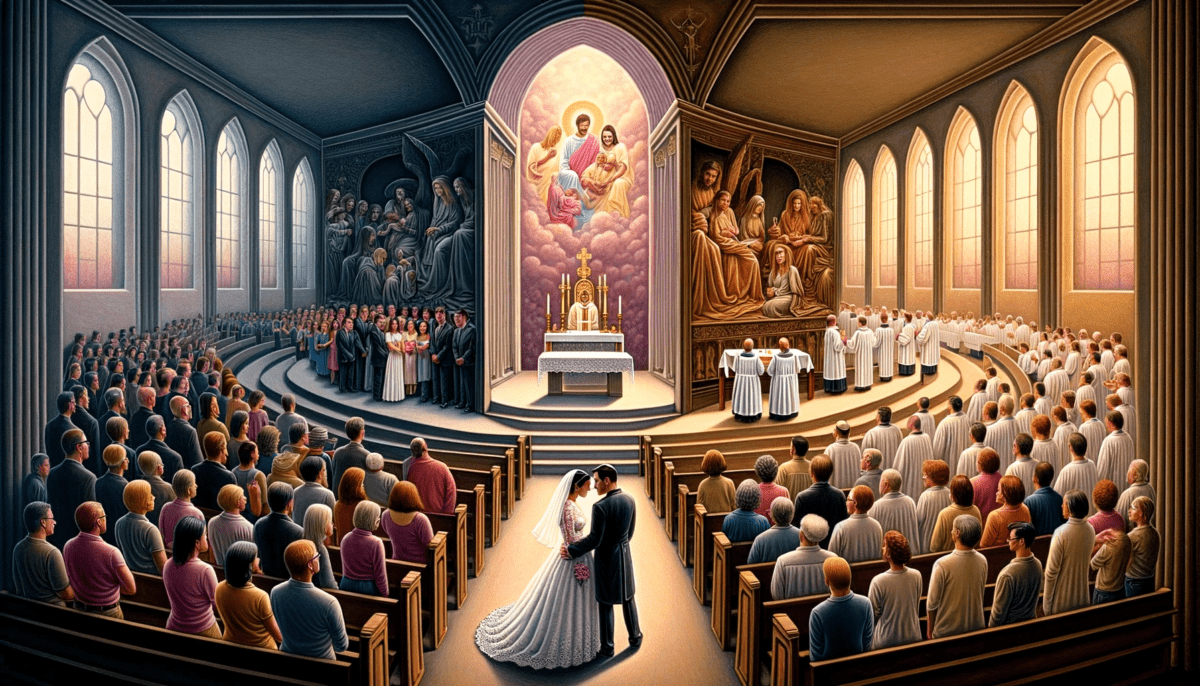

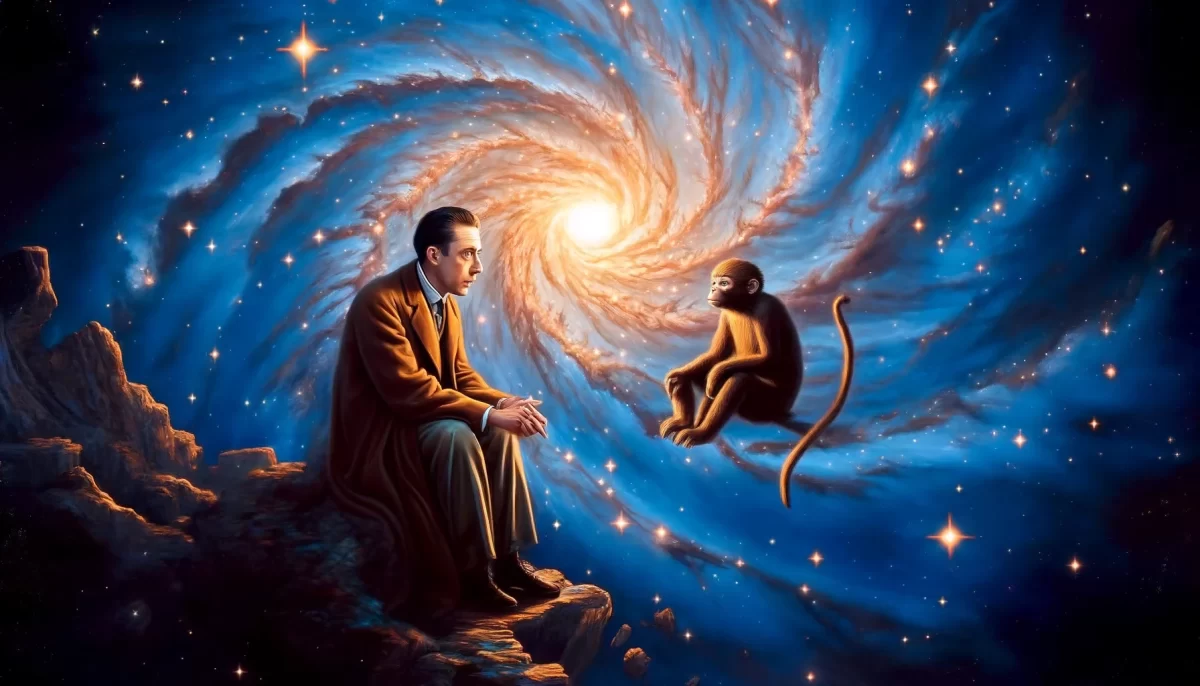
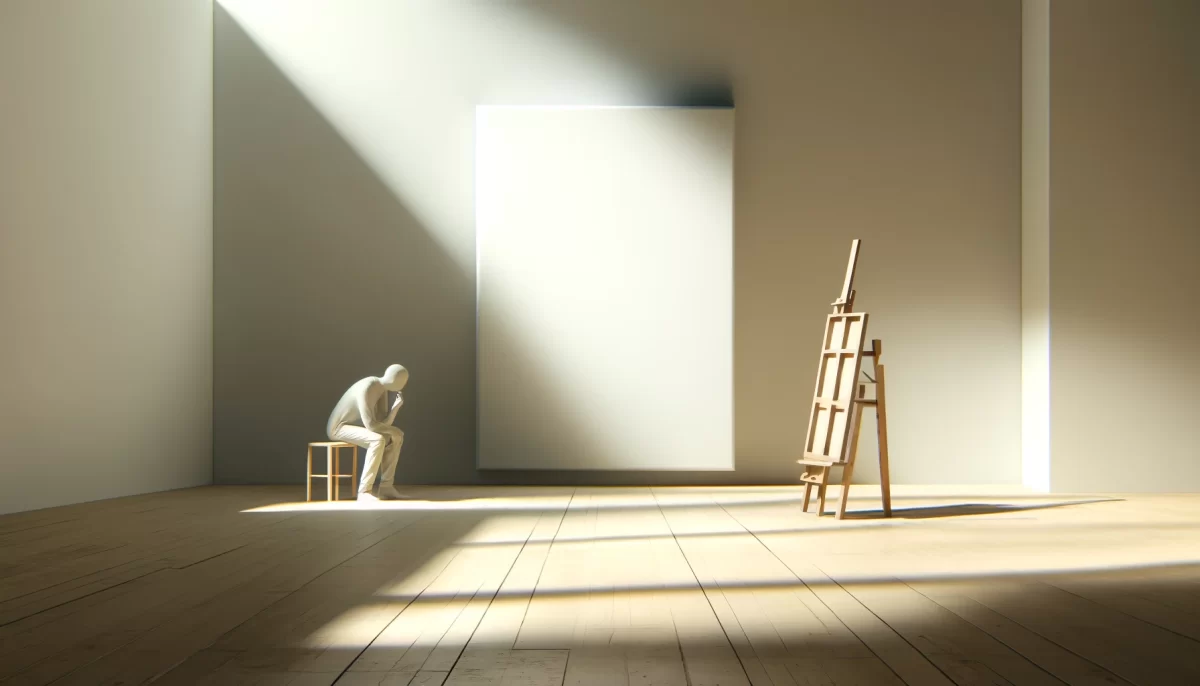









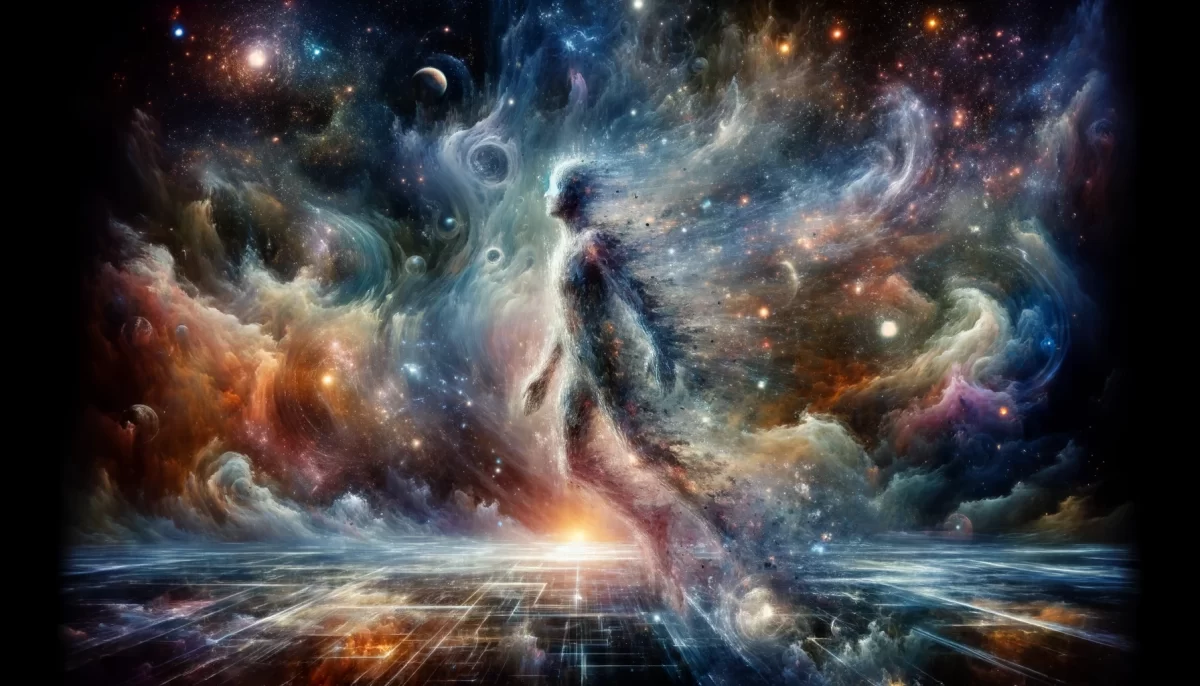
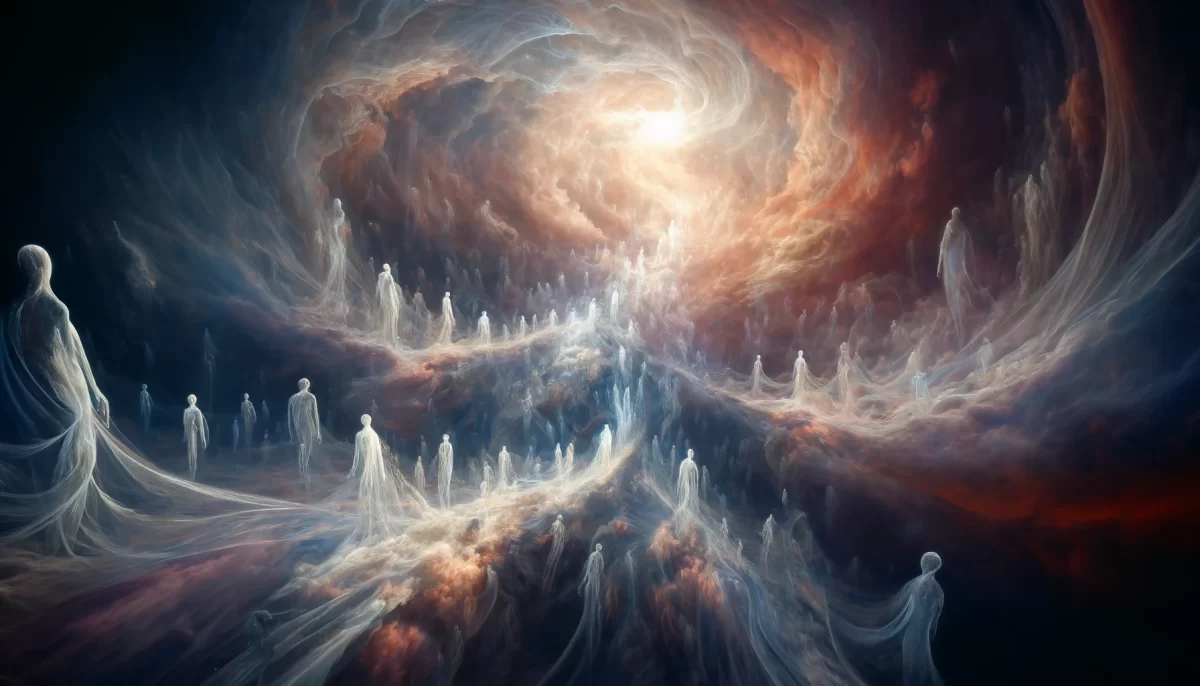
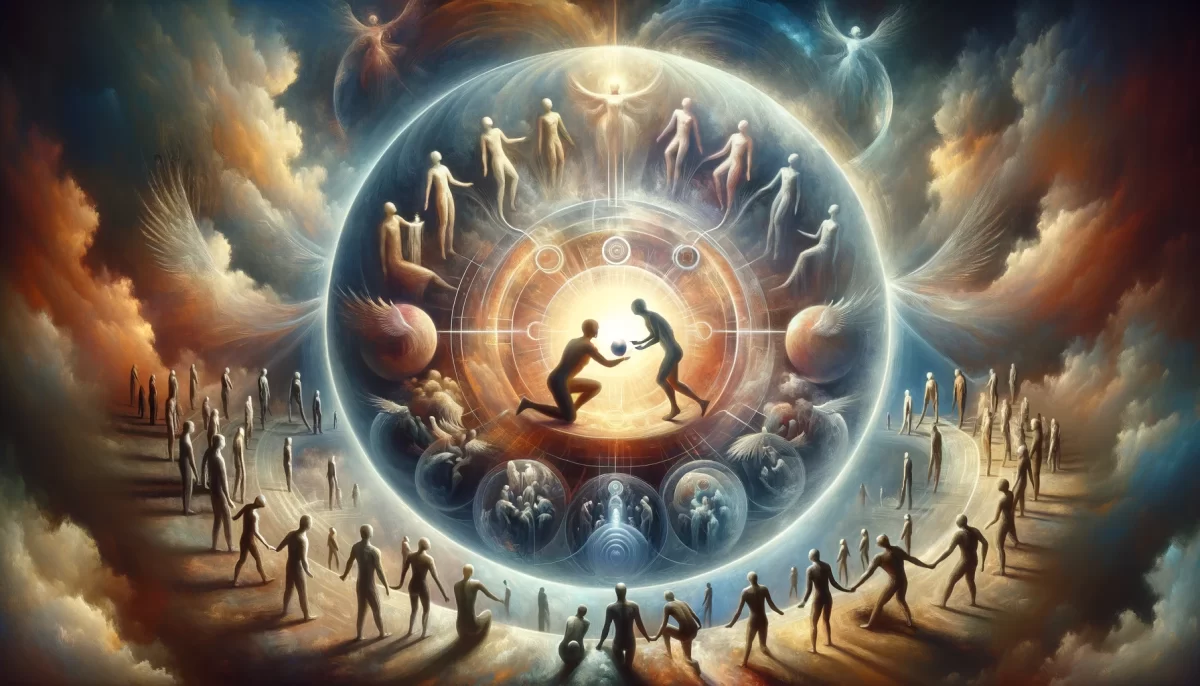

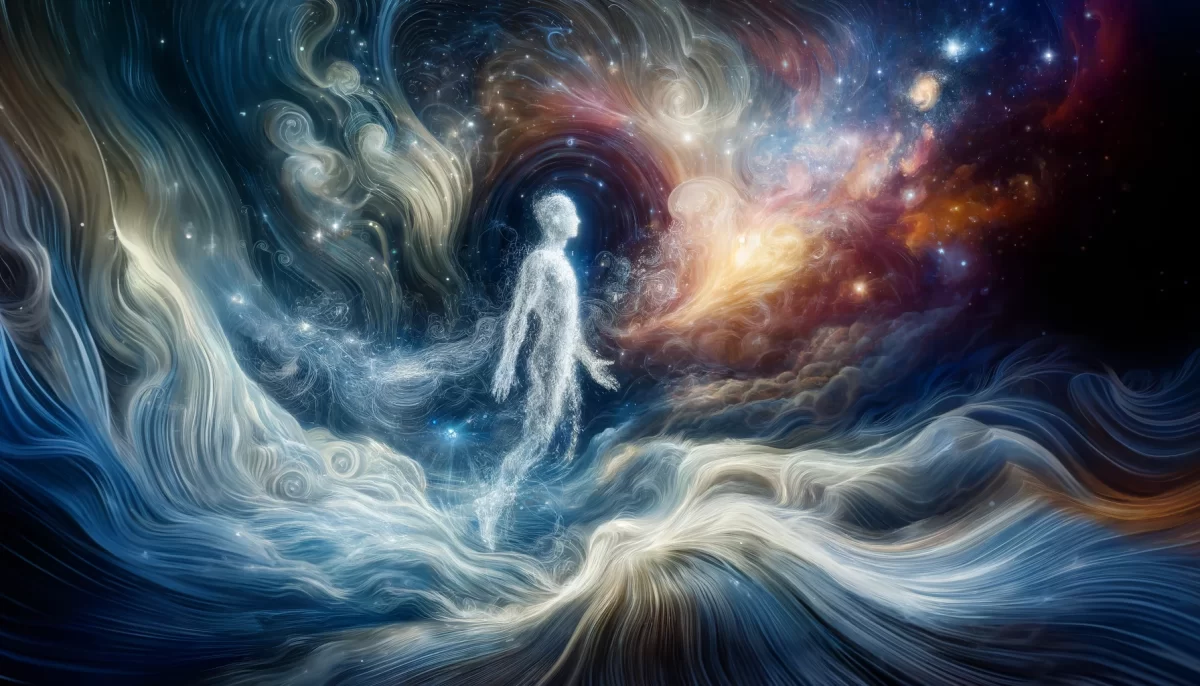



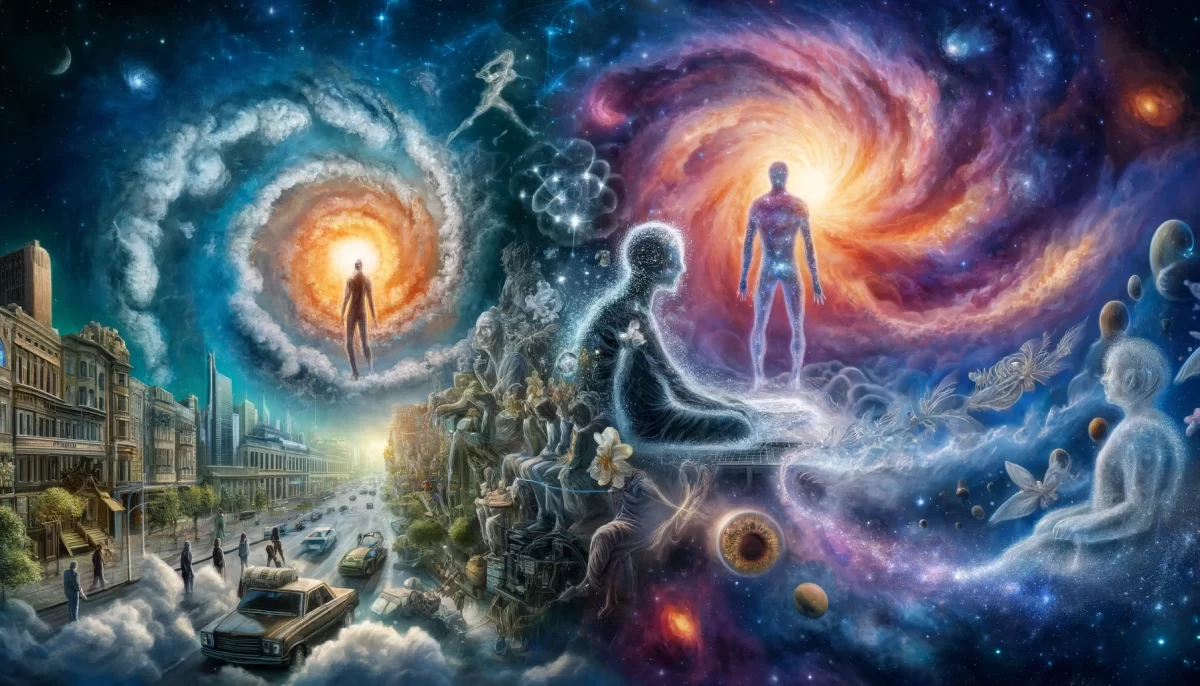

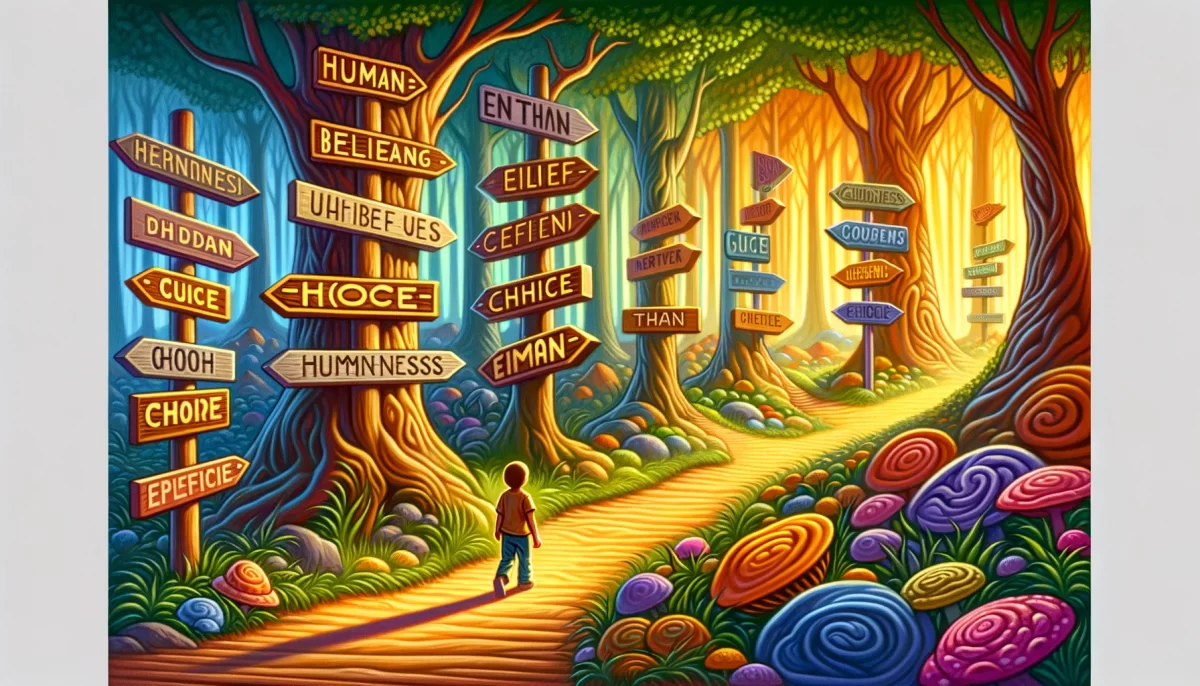
Leave a Reply